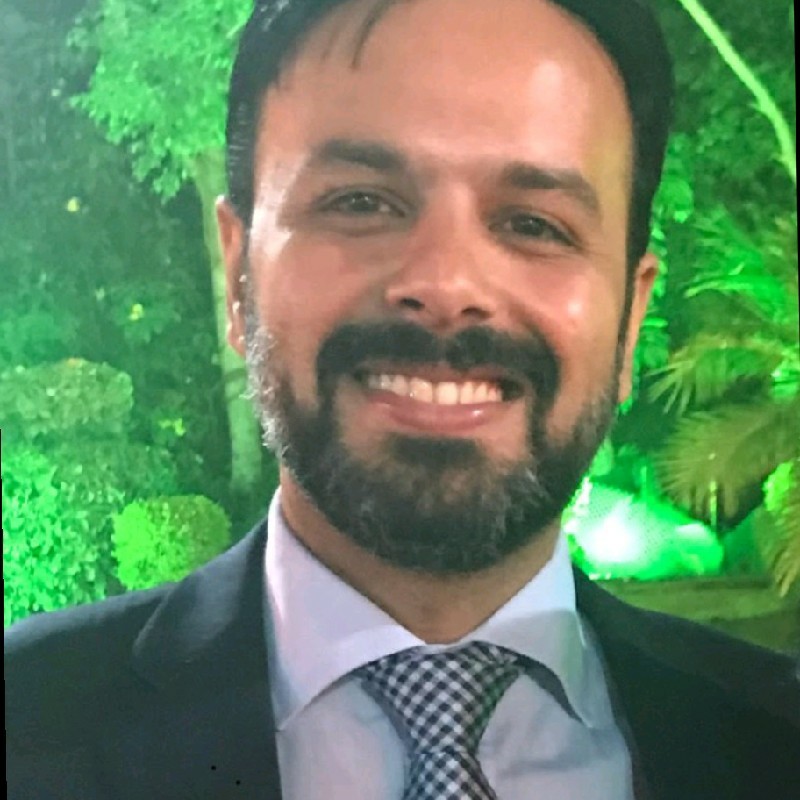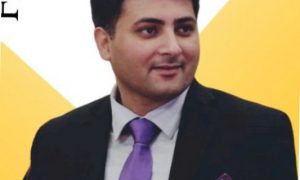This interview has been published by Namrata Singh and The SuperLawyer Team

Reflecting on your journey from college, could you share the story of why you chose to pursue law as a career? Were there specific experiences or influences that led you down this path, and how has that decision shaped your professional trajectory over the years?
Growing up, as a student, I was always inclined to study business and that is evident from my qualifications as well. I hold an Honours in Bachelor of Commerce from Delhi University and then pursued my Masters in Business from Australia. However, law was always on the cards for me as I come from a family of lawyers. One particular instance I do recall that may have prompted me further towards this career was my interaction during my MBA with a fellow student (Tony, who also was a lawyer). We had numerous discussions on various issues that he dealt with as a lawyer and why he felt the need to study business to enhance his career as a corporate lawyer. I recall my interactions with him as a tipping point in developing further interest in this profession.
In your role at Zee, you must have been involved in significant transactions with major partners. What negotiation strategies or skills have you found most effective in dealing with such high-stakes deals?
A thumb rule to any practice in law is to assess the situation before you with an analytical mindset. You need to understand the situation you are faced with, how it impacts you from an operational standpoint and what you can do to safeguard your interest. Even while negotiating and finalising contracts these principles form the foundation that acts as a guiding factor in my decision making. I place heavy reliance on certain clauses like Scope, Indemnification, Limitation of Liability, IPR, Obligations and Reps and Warranties and ensure that my organisation’s interest is best covered while negotiating any transactions.
Your experience includes handling legal affairs in the FMCG and E-commerce sectors. How do you navigate the evolving landscape of technology laws, especially in the context of data protection and intellectual property, to ensure legal compliance?
We live in an era of evolving technology and that plays a pivotal role in any business these days. I have been fortunate to have worked in different industries which are at the forefront of technology like e-commerce, Fintech and Media and Entertainment. The key to navigating compliance for any organisation is to continuously be involved in stakeholder consultation. You need to be able to work with different stakeholders from across functions and be able to understand the nuances that surrounds your business. Data in the present times is considered to be the most expensive and valuable commodity for any business and therefore ensuring compliance vis-a-vis protection and privacy of customer data is crucial for any big business these days. With new enactments like the DPDP Bill on the horizon, non-adherence to these compliances can result in big financial losses to an organisation which can be avoided if there are compliant and audited systems in place.
You pursued an MBA from La Trobe University in Melbourne, Australia. Could you share what motivated your decision to pursue an MBA and what factors influenced your choice to do it abroad? How has your business education enhanced your legal career?
I have always been a keen business student and wanted to pursue my education by doing what I was passionate about. After my graduation, I decided to pursue my post-graduation from outside India as that would give me the opportunity and exposure that a young student like me required in the early years of my life. Besides, it gave me a good understanding of different cultures and a chance to make a global network. My education has helped me imbibe my learnings into my legal practice. Being a corporate lawyer, I have a good understanding of business operations and as a result, I can integrate the legal framework keeping business needs in mind.
As someone actively involved in the Mediation & Conciliation Network and Federation of Integrated Conflict Management, how do you see alternative dispute resolution methods shaping the future of legal practice?
Alternate Dispute Resolution is cost-effective as it saves the high expense of litigations incurred by litigators and is a faster medium of effective disposal of intense disputes. With an overburdened judicial system, Alternate Dispute Resolution like mediation and conciliation is the future of effective disposal of disputes and provides a great platform for an amicable settlement between the parties. ADR will play a very crucial role in the coming times in India.
You’ve been recognized for your achievements, including being awarded the Most Valuable Legal Associate at Sood & Singh Associates. Can you share a bit about a project or accomplishment that you are particularly proud of in your career?
Many instances have challenged me in my career, one such instance is during the Covid-19 time in 2020. I was faced with an issue where the business team was keen on implementing a model under our e-commerce business where we could leverage transactions as a SAAS platform. By the time the information about the business model came to my desk, there were already substantial efforts and costs made in terms of operationalising the same. I was faced with a unique challenge to intervene in the structure of the envisaged model. Without getting into the intricacies of what transpired, I had to hold my ground and opine my business team on the challenges that it may attract from a compliance standpoint and the risk and exposure that may be faced by the organisation if we do not change the current structure. As a result, we took external opinion and external counsel endorsed my view which resulted in changing the entire structure of implementing this model. I got beef from my internal stakeholders initially, however, when they realised that my observations were well accounted for, this resulted in appreciation at a management level.
You made a transition from working in law firms such as Kochhar & Co. to taking leadership roles in organizations like Zee Entertainment and Paytm. What motivated or inspired you to make the shift from private practice to the corporate sector, and how has this transition impacted your approach to legal challenges?
I was always intrigued by the corporate practice and after having worked for almost a decade in litigation and law firms, I got an opportunity to head the legal vertical for a startup. What attracted me towards this role was the fact that the management of the company wanted a candidate who could help set up the entire legal vertical right from scratch and I took that up as an opportunity to utilise my expertise of over a decade and implement my learnings from my business qualification into practice. Another motivational thing about corporate practice is of being able to take ownership right from the point of giving your legal opinion to implementing it at ground level with desired results, unlike in the case of being a consultant where your role ends at giving that opinion. Being a very result-driven professional, this facet always intrigued me and may have been the guiding reason why I moved practices to corporate so as to have enough exposure on that front as well as a professional.
Having pursued your Masters in Business Administration in Australia, how would you describe the differences, if any, between the education systems of Australia and India? How has this cross-cultural educational experience influenced your approach to legal practice in the corporate sector?
While major part of my education has been in India, I was able to complement the theoretical knowledge gained during these founding years in India with the practical knowledge that I gained while pursuing my higher education in Australia. This practical knowledge has played a very crucial role in giving me a competitive edge in my career. This to my mind is a big differentiator between the education systems of the two countries. An example to validate the same is that during my post-graduation, one subject which I undertook was completely based on a video game called “Age of Empire”. The entire game served as a learning ground. The professor compared the challenges faced in the game to the challenges that one faces in real life. As a student, you tend to remember and co-relate to such situations better and this leaves a strong impact on your mind. The same approach serves as a guiding principles in my legal practice today where I can relate to different situations and be able to suggest possible legal steps in overcoming the hurdles without impacting business operations at large.
Outside of your demanding legal career, what activities or hobbies do you love to engage in to unwind and recharge? How do these non-legal pursuits contribute to maintaining a balance in your life?
Work-life balance is most important to me. I like spending time with my family as we need to remember that we work hard only to provide a better quality of life for our family members. So all work no play does not work for me. Besides that, I love listening to music, dedicating some time to my health by doing my daily runs and meeting old friends at every given possibility as they help keep me grounded and keep the momentum of life going.
What advice would you give to the current generation aspiring to build a career in law, considering the evolving nature of the legal profession and the increasing intersection with technology?
Get out and never hesitate to challenge yourself. Be open to exploring different legal opportunities and don’t feel settled for what you know best. We live in the day and age of technology and it only makes sense as a legal professional that you embrace technology with both hands.
What advice would you give to students who are aspiring to join the legal profession, particularly regarding the decision between working in law firms and opting for a corporate legal role?
Are there specific factors or considerations they should keep in mind when making this career-defining choice? Since I was a thoroughbred litigation counsel before I moved on to the corporate practice, my advice to aspiring legal professionals is to test your mettle in the courtrooms early on in your career. It harnesses you in thinking analytically and pragmatically about situations you are faced with. Besides it gives you an edge to have an extempo mindset which is crucial for any legal practice – be it with the law firm or as an in-house counsel.
Get in touch with Manik Sood-























